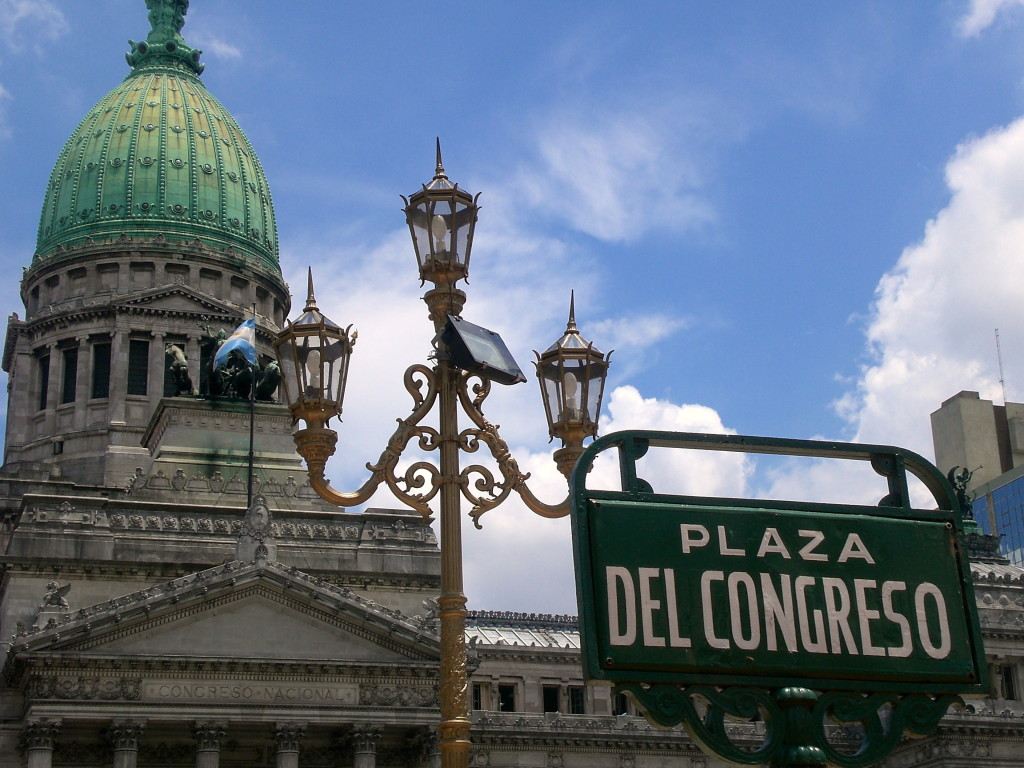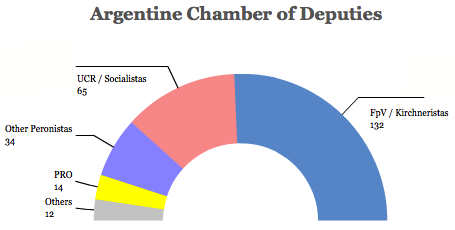
It wasn’t a surprise that Giorgi Margvelashvili won such an overwhelming first-round victory in Georgia’s Sunday presidential election.
Preliminary results showed that Margvelashvili, a relatively little-known academic and most recently Georgia’s minister of education and science, won 63.82% of the vote — an incredibly strong result for Margvelashvili and the coalition he represents, Georgian Dream (ქართული ოცნება).
But the real transition of power won’t be from outgoing president Mikheil Saakashvili to Margvelashvili — rather, it will be from the office of the presidency to the office of the prime minister.
Under constitutional reforms adopted two years ago, Margvelashvili will hold a vastly less powerful presidency. When Saakashvili leaves office, many of the duties of the presidency will pass instead to the head of government — prime minister Bidzina Ivanishvili and the Georgian Dream coalition, which took power after winning the October 2012 parliamentary elections. Georgian Dream won 85 of the unicameral parliament’s 150 seats, and it’s won over a few more Saakashvili supporters in the past year.
That means that the result of the presidential election isn’t as important as the fact that, upon Margvelashvili’s inauguration, Georgia will essentially transform from a presidential republic into more of a parliamentary republic. While Ivanishvili and Saakashvili have held power jointly for the past year with a divided government, Ivanishvili will now control Georgia’s government in its entirety.
But it doesn’t mean Margvelashvili’s victory is meaningless — it’s a vote of confidence in Ivanishvili and the current government. Georgian Dream won 54.97% of the national vote last year, so its win in the presidential election is a significant increase in voter support.
The bottom line is that the real transition from the Saakashvili era to the Ivanishvili era is only about to begin — and no one really knows what that entails, because there are more questions than answers at this point.
The first question is whether Ivanishvili will actually stay on as prime minister — he’s indicated that he would prefer to step down and appoint another individual to succeed him. Ivanishvili is Georgia’s wealthiest businessman, and he came to frontline politics only last year after falling out with Saakashvili. But if he steps down, he would do so at exactly the moment when the office of the prime minister is set to become the most important office in Georgia, and it’s hard to believe he would do so unless he could install a relatively pliable replacement. There seems to be little doubt that Ivanishvili will continue calling the shots, either as prime minister or behind the scenes, and he will remain by far the most important political figure in Georgia due to his massive wealth and his role in founding Georgian Dream.
The second question is whether Georgian Dream can truly govern as a united force. The coalition is an unwieldy melange of nationalists, liberals and populists and it includes both pro-Western and pro-Russian forces. During the 2012 campaign, and even over the past year in parliament, opposition to Saakashvili was sufficient to keep its disparate elements mostly united. But when Saakashvili is no longer in power, and Georgian Dream is responsible for coherent policymaking, it may prove more difficult to maintain that unity. That could be especially difficult if Ivanishvili steps down as prime minister. Continue reading Margvelashvili wins Georgia’s presidential election, but all eyes are on Ivanishvili →
![]()



